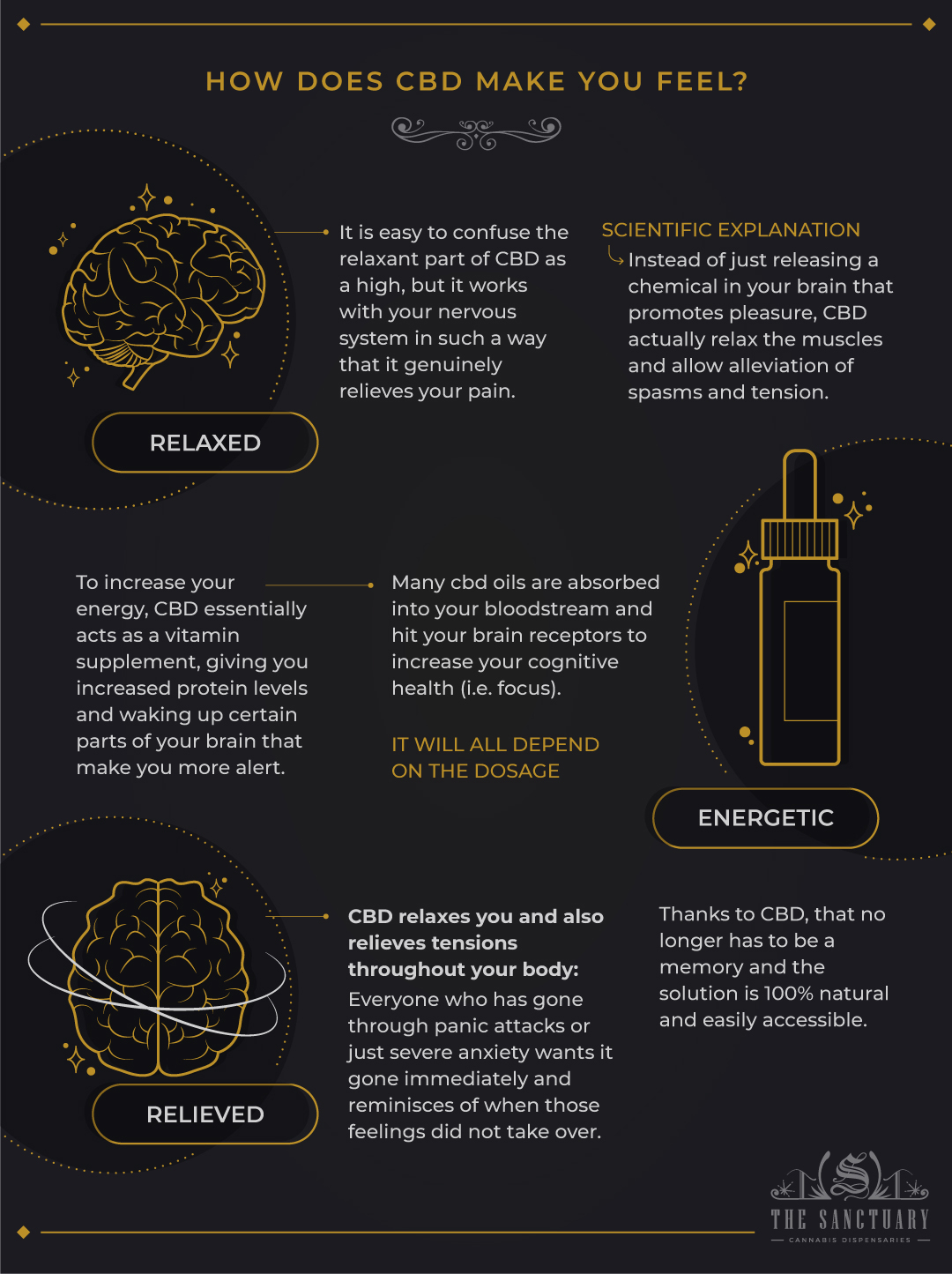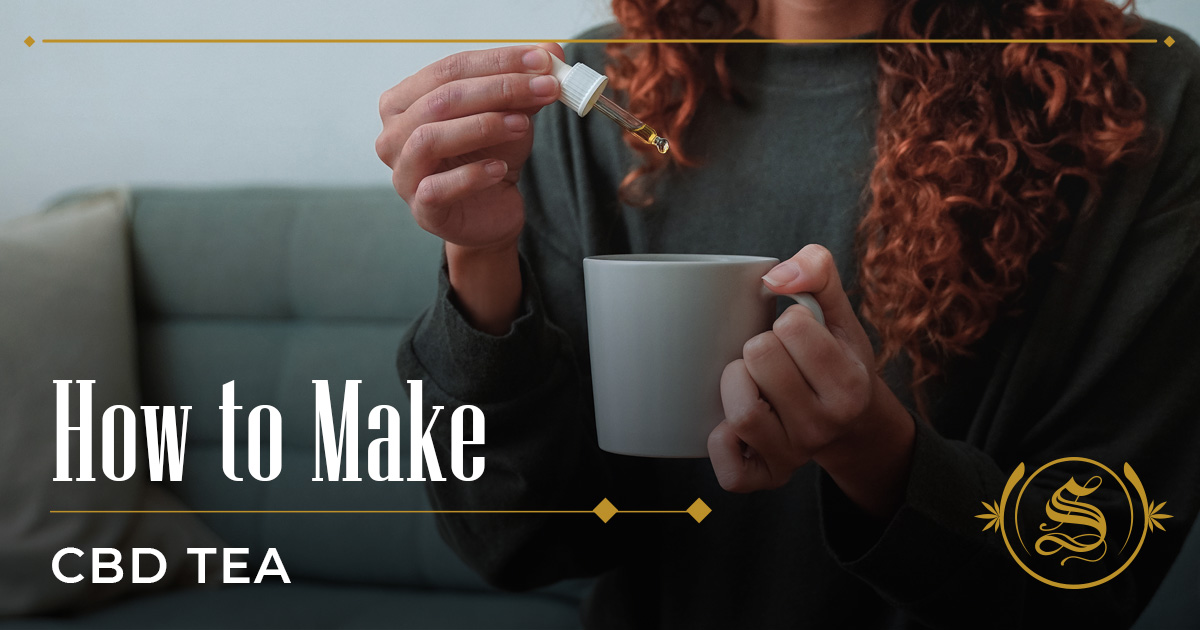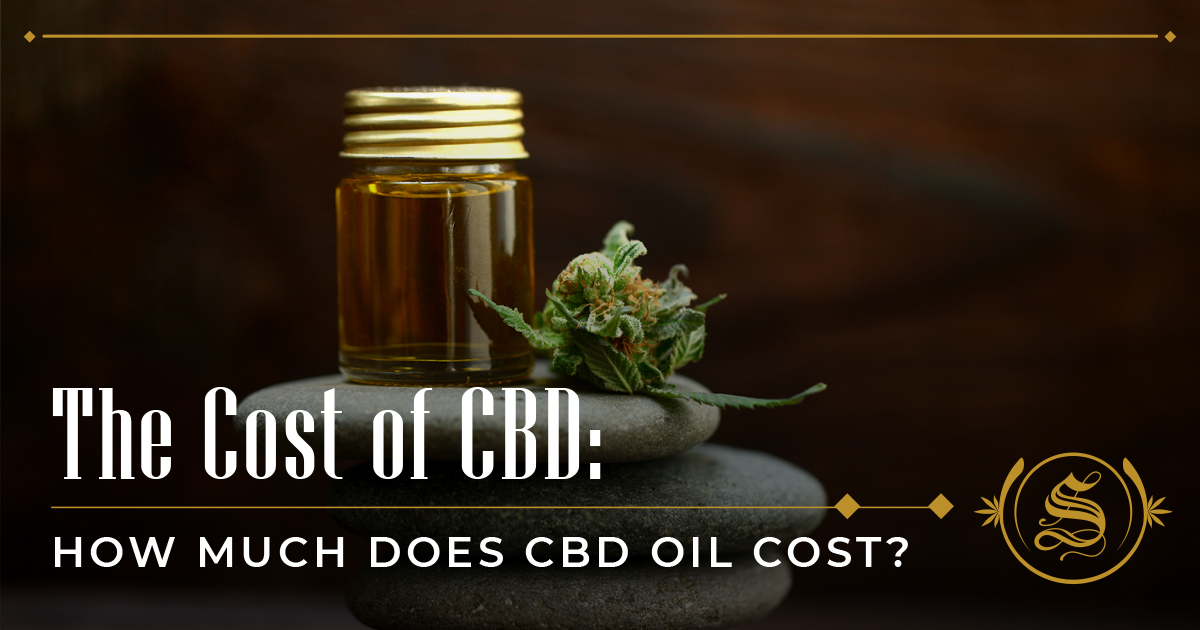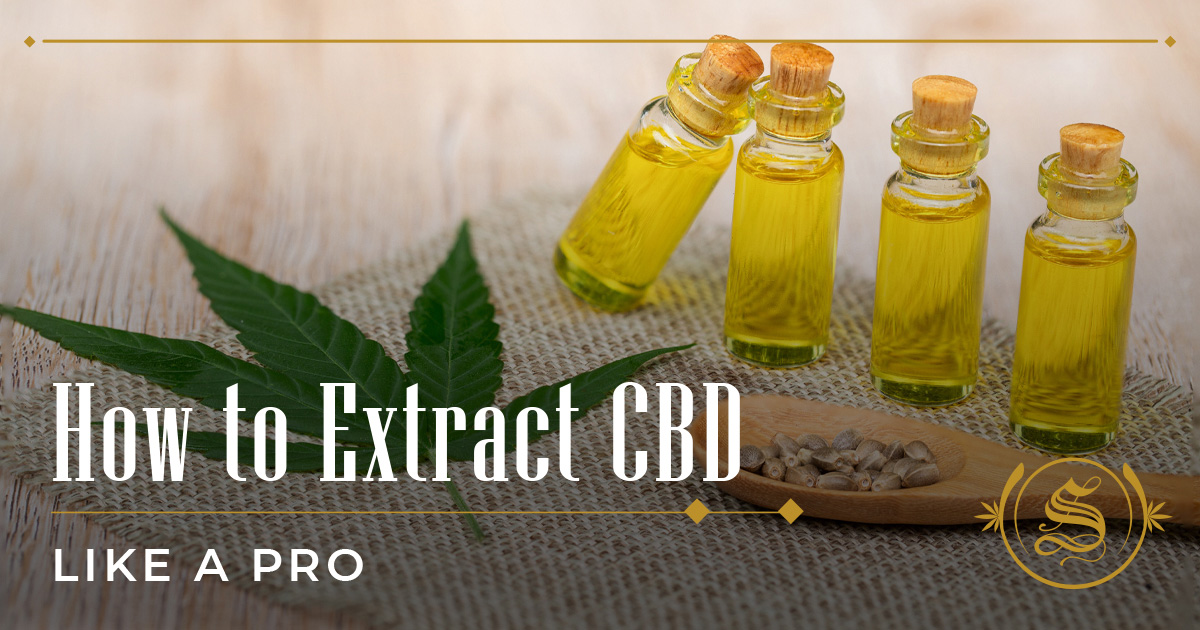Iftikhar Alam
Author
Reviewed by Cannabis Experts
Published on: April 27, 2022 | Updated on: September 11, 2024
The benefits of cannabis as a medicine have long been documented as we learn more about what the plant and its key ingredients can actually do. In today’s world, it seems you cannot get through a conversation about alternative or natural medicine without the mention of CBD.
As one of the main components of cannabis, CBD is now highly sought after as an essential oil or tincture and a non-toxic alternative to medications. We pretty much know what CBD is for: mainly for treating pains and anxiety without the psychoactive effects of regular cannabis.
But what exactly does it do in your body? What are the literal inner workings of the cannabis ingredient and what happens if it is not taken correctly? With the help of expert medical findings, we have some pretty solid answers to these and more of the common questions about CBD.
Does CBD Get Me High?
Rest assured (literally, because CBD is relaxing), you will not get high from any form of CBD. As similar as it is to THC, their key difference is that CBD (cannabidiol) is not psychoactive and therefore will not cause a high or hallucinations.
While CBD is often used to treat anxiety, depression, and stress, some get that same feeling smoking a joint, but it does not work the same way as the latter, as THC is an intoxicant while CBD actually blocks intoxicating receptors in the brain: It actually prevents you getting high, leading researchers to argue that CBD is a stimulant.
What About Strains with THC?
High-CBD, low-THC strains are basically no different from CBD itself in that most of these strains typically do not have enough THC in them to get you high. So long as there is much more CBD in your strain than the former, you will not have to worry about a surprisingly high.
The THC, however, would still be detectable in your system by a drug test for up to 90 days (if they contain more than 0.3% THC, which is prohibited by law), so do not plan on taking these strains if you have a test coming up.
How Does CBD Make You Feel?

Relaxed
Because cannabis is often associated with being ‘chill’ or ‘mellow,’ it is easy to confuse the relaxant part of CBD as a high. In actuality, that euphoric, full-body relaxation you get from a THC strain is just dopamine unleashed from your brain whereas CBD works with your nervous system in such a way that it genuinely relieves your pain.
The more scientific answer relates (partially) to enzymes and your body’s natural cannabinoid receptors but in short, instead of just releasing a chemical in your brain that promotes pleasure, CBD products like hemp capsules or Charlotte’s Web cream actually relax the muscles and allow alleviation of spasms and tension.
Energetic
For most people, when you feel ‘awake’ or just full of energy, you feel good: Your body has what it needs to power through the day, you feel stronger and healthier and it is just a great feeling.
But that sounds like dopamine, is it not? Not with CBD.
To increase your energy, CBD essentially acts as a vitamin supplement, giving you increased protein levels and waking up certain parts of your brain that make you more alert. In addition to a protein boost that your body converts into energy, many CBD oils are absorbed into your bloodstream and hit your brain receptors to increase your cognitive health (i.e. focus).
But like most medicines, it will all depend on the dosage: Only the amount prescribed by your doctor or on the package will have this focused and energetic effect, while higher doses are often sedative. Similarly to THC, if you hit too hard, you pass out!
Relieved
This also ties into feeling energetic, because when you are full of energy with increased focus, you tend to shift your attention to whatever you are focusing on. But as a sigh of relief (literally), taking things one step at a time and not trying to mentally juggle a million different things sounds like paradise to the super busy.
To put it more accurately, CBD can act as a stress reliever that does not just relax you, but relieves tensions throughout your body: In the cognitive sense that CBD aids your brain in reducing stress, to the literal sense that it is also recommended for chronic pain and its anxiety. Everyone who has gone through panic attacks or just severe anxiety wants it gone immediately and reminisces of when those feelings did not take over. But thanks to CBD, that no longer has to be a memory and the solution is 100% natural and easily accessible.
What Side Effects would it Cause?
Because of the ever-growing list of its health benefits, it can be difficult to imagine what kind of ‘warning’ label is appropriate for CBD, or what it does that could be negative. But in short, drawbacks to CBD are few and far between, with it having fewer side effects than regular weed and most over-the-counter medications.
These side effects may include fatigue, dry mouth, and some gastrointestinal distress. The former, specifically dry mouth, is more commonly linked to THC but it has also been reported by patients taking CBD. To reduce this likelihood as much as possible, do not try to mix CBD with other medications or take large doses in one sitting.
Are These Long-Term?
CBD does, in fact, have two known side effects that can be long-term, but only a small percentage of patients have experienced them thus far. The two in question are prolonged dry mouth and liver enzymes which can cause liver damage.
Yes, this does conflict with reports that CBD is beneficial for liver problems (which it is), so further research needs to be done to get a final answer as to what kind of dosage or existing conditions cause this side effect. No single drug is perfect in every single way, but CBD appears to be as close as we have gotten to such a treatment due to its unmatched effectiveness, low side effects, and overall benefits for the body.
The content provided on this blog is for informational purposes only and does not constitute medical, legal, or professional advice. Cannabis use is subject to local laws and regulations, which vary widely by jurisdiction. Always consult with a healthcare professional before starting any new treatment or altering an existing treatment regimen. The authors and publishers of this blog are not responsible for any actions taken based on the information provided herein. Use cannabis responsibly and in accordance with applicable laws. This blog is intended for adults aged 21 and over. The Sanctuary Dispensaries D186, D187.








